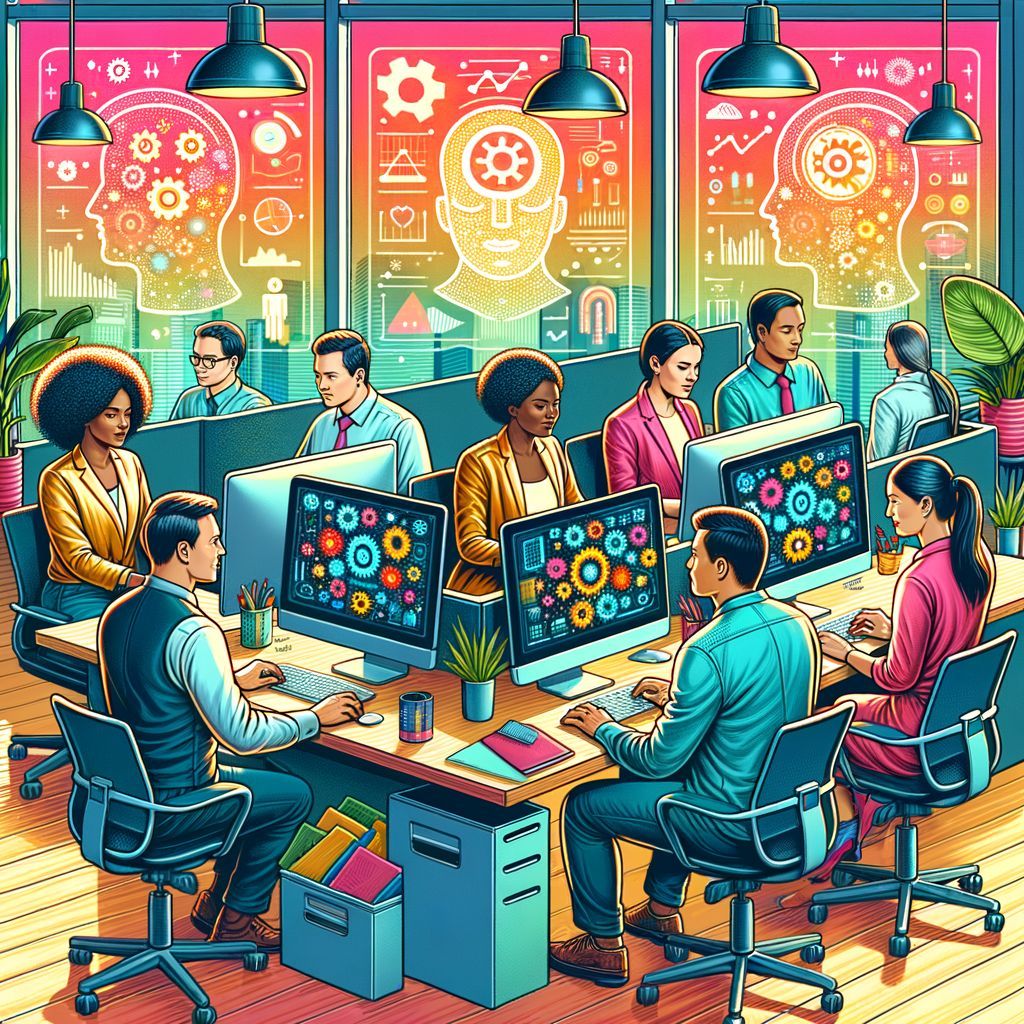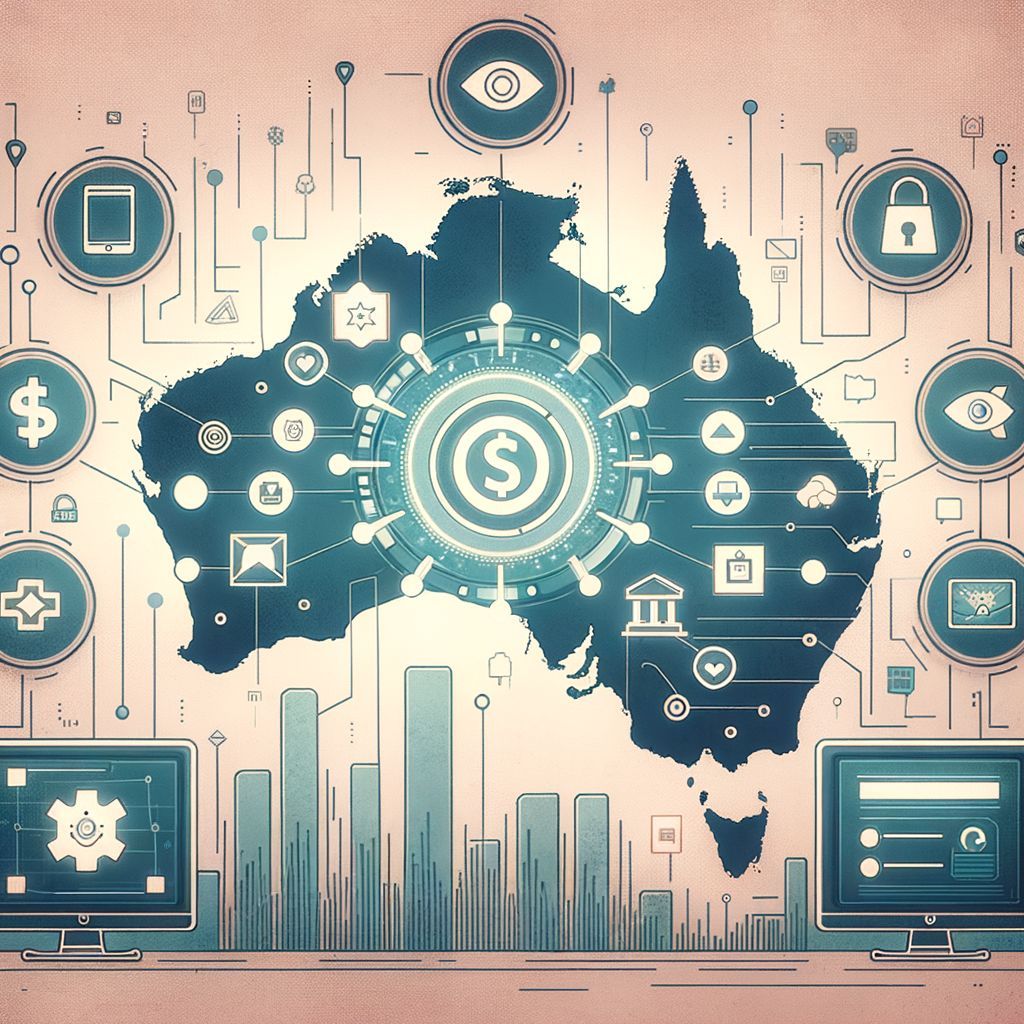

Image by DALL·E Pic: Midjourney
Editors' Note: Many Fast News images are stylised illustrations generated by Dall-E. Photorealism is not intended. View as early and evolving AI art!

AI in the work,
Trust and productivity,
A balance to seek.

Australian talent hold reservations about AI despite urgency for rollout
Australian employees have mixed feelings toward the integration of AI in the workplace, with only 7 per cent of desk workers fulling trusting AI outputs for work-related tasks, according to the latest insights from Slack.
The insights, which were publish as part of the workplace communication platform's latest Workforce Index, also revealed that AI use among desk workers in Australia has reached 37%, marking a 6% increase since January.
At the same time, 71% of Australian desk workers were found to be experiencing burnout at least once a month, with over a third of the workday spent on tasks that are considered 'not meaningful to their job', such as unnecessary meetings, low-value emails, and excessive paperwork or data entry.
The urgency to incorporate AI tools into business operations has increased sevenfold over the past six months and is now a top concern, even above inflation or the broader economy.
"Companies have urgent, ambitious goals for AI in the enterprise and our research shows there are huge productivity benefits to be gained—but many leaders are still figuring out how to kickstart adoption among employees,” said CEO of Slack, Denise Dresser.
Of the desk workers who use AI tools, 81% say it’s improving their productivity. However, more than two-thirds of desk workers have never used AI at work, and nearly 2 in 5 say their company has no AI usage guidelines.
"The data shows that employees using AI are having an all-around markedly better time on the job. They’re not just more productive; they’re experiencing greater excitement, fulfilment and pride in their work,” said head of Slack's Workforce Lab, Christina Janzer.
However, only 7% of desk workers consider the outputs of AI completely trustworthy for work-related tasks, with 35% of desk workers saying AI results are only slightly or not at all trustworthy.
"AI fervour shows no signs of stopping,” said Salesforce’s Chief People Officer, Nathalie Scardino. Yet, there is a clear AI gender gap emerging, particularly among Gen Z. Gen Z men are 25% more likely to have tried AI tools compared with Gen Z women.
"As we embrace our future with AI, it’s imperative that we continue to provide access to those who have historically been left out of technology shifts,” said Alexandra Legend Siegel, Salesforce’s Chief Equality Officer, Nathalie Scardino.
"AI could really open up a lot of time for workers, but it would be a shame if we waste that time on more busywork,” said Janzer.
The report concludes that while AI use is accelerating at a faster clip among workers of colour, with 43% of Hispanic/Latinx desk workers, 42% of Black desk workers and 36% of Asian American desk workers having tried AI tools at work, compared with 29% of white desk workers, there is still a long way to go in ensuring equitable access and trust in AI across all demographics.
Partner Content from Salesforce
A Guide to Personalised Marketing That Keeps Customers Engaged
Customer Service Makes a Strategic Shift for ANZ Organisations










